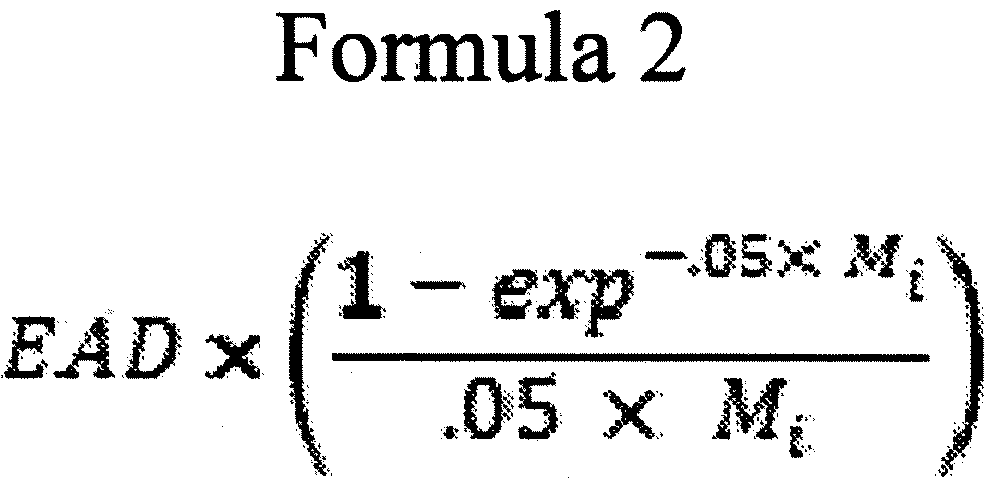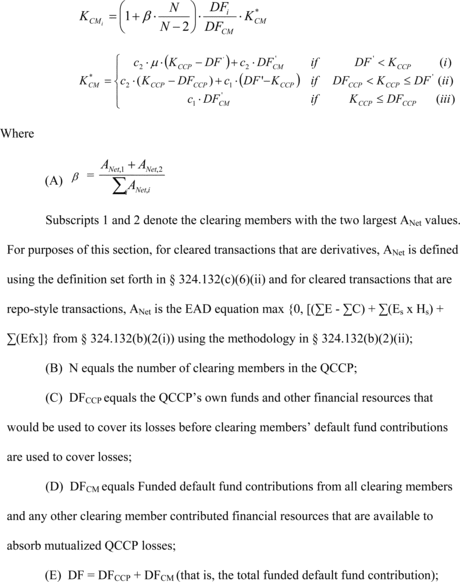FDIC Approves New Basel III Rules That Impact Community Banks
Post on: 17 Май, 2015 No Comment

FDIC Approves New Basel III Rules That Impact Community Banks
Financial Institutions Law Update 07/16/13 Stanley F. Orszula
On July 9, 2013, the Federal Deposit Insurance Corporation (FDIC) approved an interim final rule that adopts the Federal Reserve Board’s recent changes to the Basel III bank capital rules under Dodd-Frank. The new rule has major implications for community banks since the FDIC is the primary federal regulator for the vast majority of community banks. Moreover, Basel III is an international standard that is difficult to apply in the United States given the vast numbers of community banks here, both in absolute numbers and as a proportion of the total as compared to almost all other countries.
The FDIC’s interim final rule is identical in substance to the Federal Reserve Board’s and Comptroller of the Currency’s final rules. The new rule covers three major areas: minimum capital ratio; the definition of capital; and the standardized approach for risk weighted assets and has a phase-in period with an effective date of January 1, 2015.
Components of the new rule that affect community banks include:
Definition of Capital
- Creates a specific definition for Common Equity Tier 1 Capital (CET1) ratio.
- Redefines Tier 1 Capital to include CET1 plus non-cumulative perpetual preferred stock and grandfathered trust-preferred and other securities, less certain regulatory deductions.
- Subjects mortgage servicing assets and certain deferred tax assets to more stringent limits.

Regulatory Capital Ratios
- Sets a minimum CET1 ratio of 4.5%.
- Increases Tier 1 capital ratio from 4% to 6%.
- Maintains total capital ratio at 8%.
- Maintains leverage ratio at 4%.
- Creates a capital conservation buffer.
Risk-Weighted Assets
- Maintains 100% risk weight for most CRE loans, and creates a 150% risk weight for high volatility commercial real estate.
- Creates a 150% risk weight for almost all past due exposures (excluding residential mortgages).
- Modifies conversion factors (conversion factors are utilized to convert off-balance sheet items to on-balance sheet) for commitments with an original maturity of one year or less.
Notably, the new rule, unlike previously issued proposed notices of rulemaking, include changes which appear to be an attempt to lessen the impact on community banks, such as:
- Maintaining the risk-weighting approach for residential mortgages.
- Providing an opt-out from the regulatory capital recognition of AOCI (accumulated other comprehensive income).
- Adopting the grandfathering provisions of the Dodd-Frank Act for TruPS (Trust Preferred Securities) issued by smaller bank holding companies.
Although the new rule is not quite as draconian as feared, it will nevertheless require community banks to re-evaluate their capital structure and certain asset classes in order to comply with the rule and pass scrutiny in upcoming examinations.
For more information on how the new Basel III bank capital rules affects your bank, or Dodd-Frank’s impact on community banks generally, please contact Stan Orszula at (312) 715-5123 / stanley.orszula@quarles.com ; Jim Kaplan at (312) 715-5028 / james.kaplan@quarles.com ; Kate Kronquist at (414) 277-5397 / kathryn.kronquist@quarles.com ; Jim Friedman at (414) 277-5735 / jim.friedman@quarles.com ; Anneke Diem at (312) 715-5092 / anneke.diem@quarles.com or your Quarles & Brady attorney.














